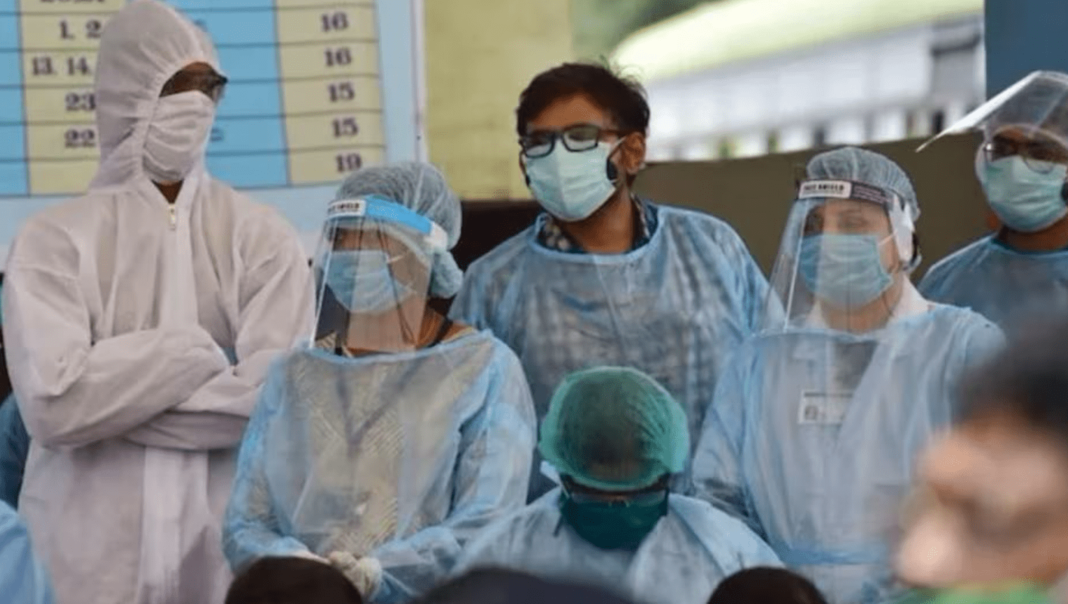The emergence of the JN.1 sub-variant of the BA.2.86 lineage of the Omicron variant has sparked attention globally as it continues to contribute to a surge in infections across various nations. India has reported its first case of the JN.1 variant, detected in a 78-year-old woman from Kerala. While the patient experienced mild symptoms and has since recovered, health authorities remain vigilant.
The Union Health Ministry has urged states to intensify COVID-19 surveillance as a precautionary measure due to the variant’s association with increased infections in several countries. The JN.1 variant, identified as a Variant of Interest (VOI) by the World Health Organization (WHO), contains an additional substitution in the spike protein (L455S), raising concerns about potential increased transmissibility or immune evasion.
Dr. Maria Van Kerkhove from the WHO highlighted the global rise in respiratory diseases, including Covid-19, flu, and others. She emphasized that while the JN.1 variant is gaining circulation, continuous evolution of the virus is a natural process. It’s important to note that the appearance of new variants doesn’t necessarily imply heightened danger, especially considering existing immunity acquired through vaccinations or prior infections.
The variant has been detected in numerous countries, with Spain, Singapore, Brazil, Belgium, Netherlands, Malaysia, and the United States among those affected. In Singapore, the JN.1 variant is linked to a substantial surge in cases, leading to the reinstatement of mandatory masking in crowded places. Similarly, the US Centers for Disease Control and Prevention (CDC) predicts an escalating proportion of JN.1 cases among sequenced samples.
However, early data suggests that while infections are rising, the severity remains relatively low. Countries reporting the JN.1 variant haven’t seen a significant increase in Covid-19-related deaths. India, despite an uptick in infections, has maintained a consistent low average of daily deaths attributed to Covid-19.
Regarding symptoms, there’s no definitive evidence indicating distinct symptoms specific to the JN.1 variant. Covid-19 symptoms generally align across different strains, emphasizing the role of individual immunity and overall health in determining the severity of the illness.
Encouragingly, existing vaccines have shown effectiveness against the JN.1 variant, according to both the WHO and CDC. Breakthrough infections from Omicron have demonstrated strong neutralizing activity against BA.2.86, implying potential cross-protection against its descendants, including JN.1. Moreover, current Covid-19 tests and treatments are expected to remain effective against this new sub-variant.
While the JN.1 variant raises concerns due to its increased circulation, experts emphasize that existing preventive measures, including vaccinations and surveillance, remain crucial in managing its spread. Understanding the evolving nature of the virus and ensuring global
cooperation in genomic sequencing and information sharing are vital steps in addressing the challenges posed by emerging variants like JN.1.



